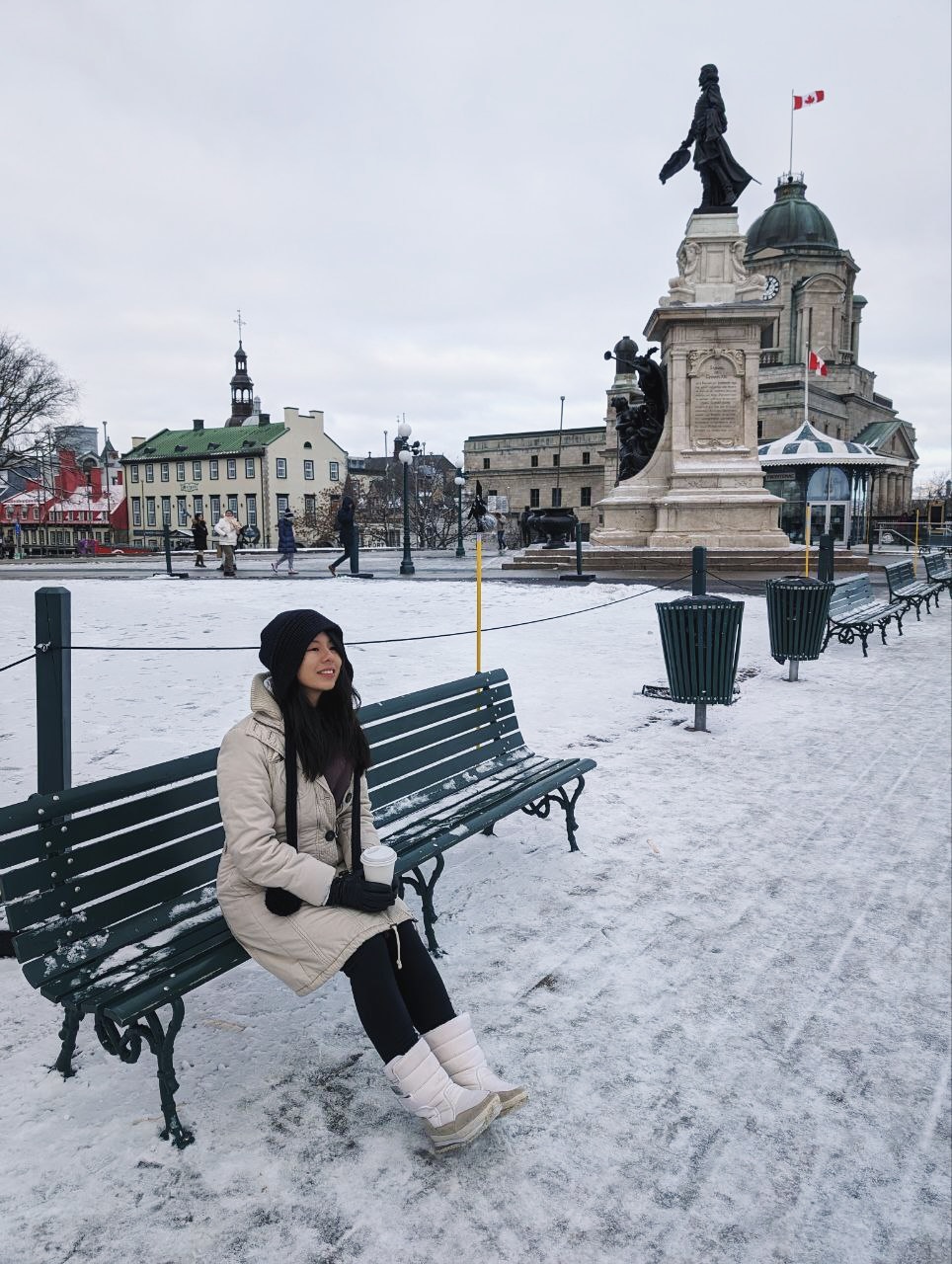Latest
-
The cost of performative culture
I read Warren Buffet’s farewell letter to his shareholders this morning with great interest. Not just because he’s one of the richest men on earth, but because when someone who has achieved everything you could only dream of speaks, you listen. In his letter, he reflects on the people and experiences that have shaped him…









